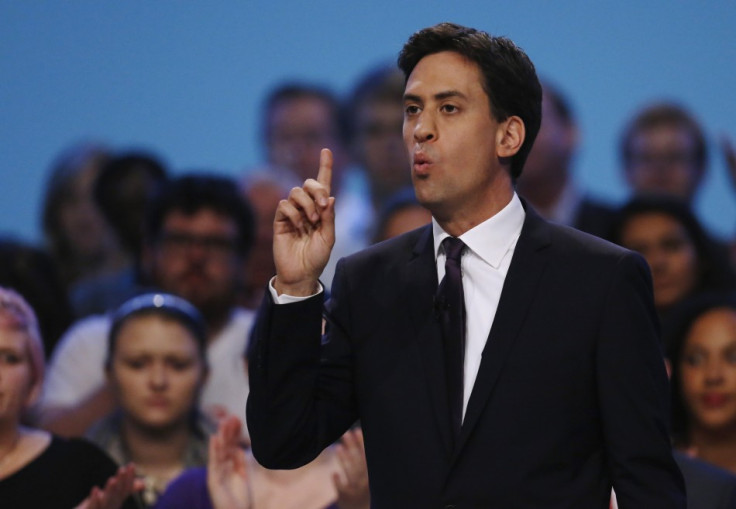Warwick Business Energy Expert Monica Giulietti: Better Ways to Reform Sector than Miliband Plan

Ed Miliband's pledge to cap energy prices for two years if he wins the 2015 election are shortsighted, according to Dr Monica Giulietti, associate professor of global energy at Warwick Business School.
Giulietti, who has studied UK energy prices for 20 years, told IBTimes UK that there were better ways to deal with Britain's flawed energy market.
"My concerns were more of a long-term nature in how the energy sector would react to this kind of measure," she said.
Other Solutions
There are several better solutions to challenge the big energy companies rather than Miliband's bid to fight them.
The first would be to encourage what Giulietti called "aggregators" or brokers.
"These would manage the demand of a group of consumers that would find out their needs and patterns of consumption and try to strike a deal with a supplier," she explained.
City councils and the consumer group Which were doing this type of brokering already, said Guilietti.
A second hope would be advances in technology and energy sources to improve power supplies at a local level in the future. But Guilietti noted that the UK's energy infrastructure would have to become more flexible for this to happen.
The third policy was to spread awareness among customers about what options were available that were cheaper for customers. That would force energy suppliers to offer more competitive prices to consumers, she claimed.
Price comparison websites already offer such a service.
Are Miliband's Policies Viable?
Miliband's proposal to break up Britain's six largest energy suppliers if he wins the 2015 election is possible but problematic, she went on.
There were 15-20 small and private energy companies in the 1990s and many of them merged from 1996-98 because they were too small to function efficiently in the market. Any immediate break-up of the UK's energy industry by a Labour government into smaller competing units could face the same financial difficulties.
"The long-term shape of the market beyond that decision is difficult to predict and I think some consolidation might happen again," she warned.
Replacing Offgem?
Guilietta also urged caution over Miliband's desire to scrap Ofgem.
"It does not seem to be a necessary measure," she said. "Where are they going to find the skills that will generate a new regulatory office that is more powerful and more able? Ofgem already suffers a high amount of [staff] turnover."
© Copyright IBTimes 2025. All rights reserved.






















